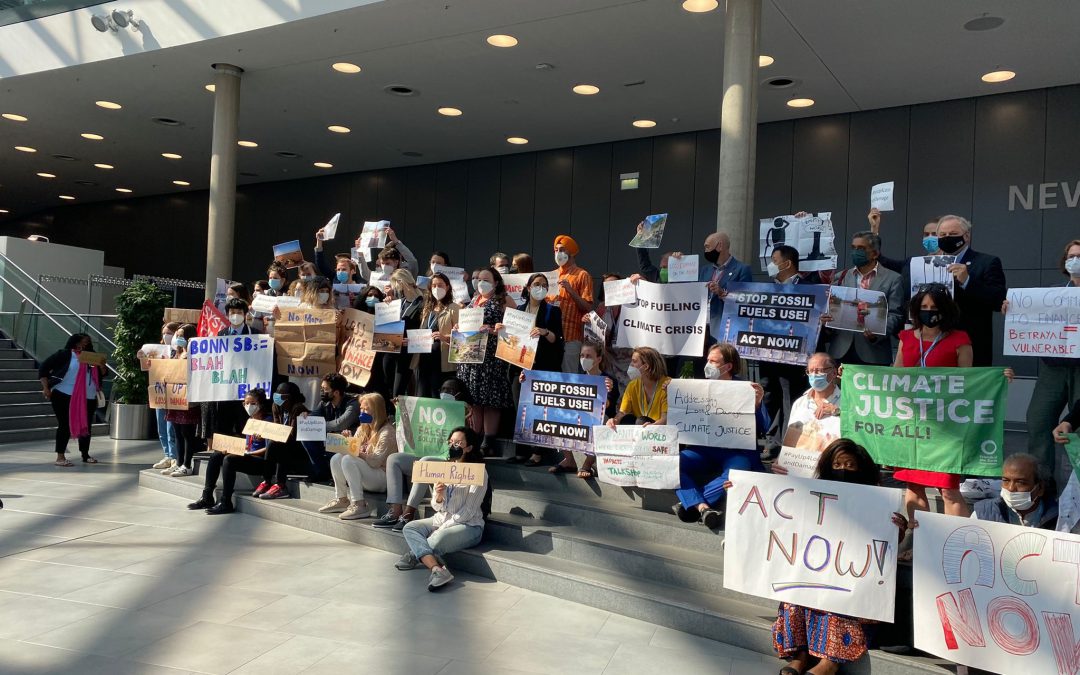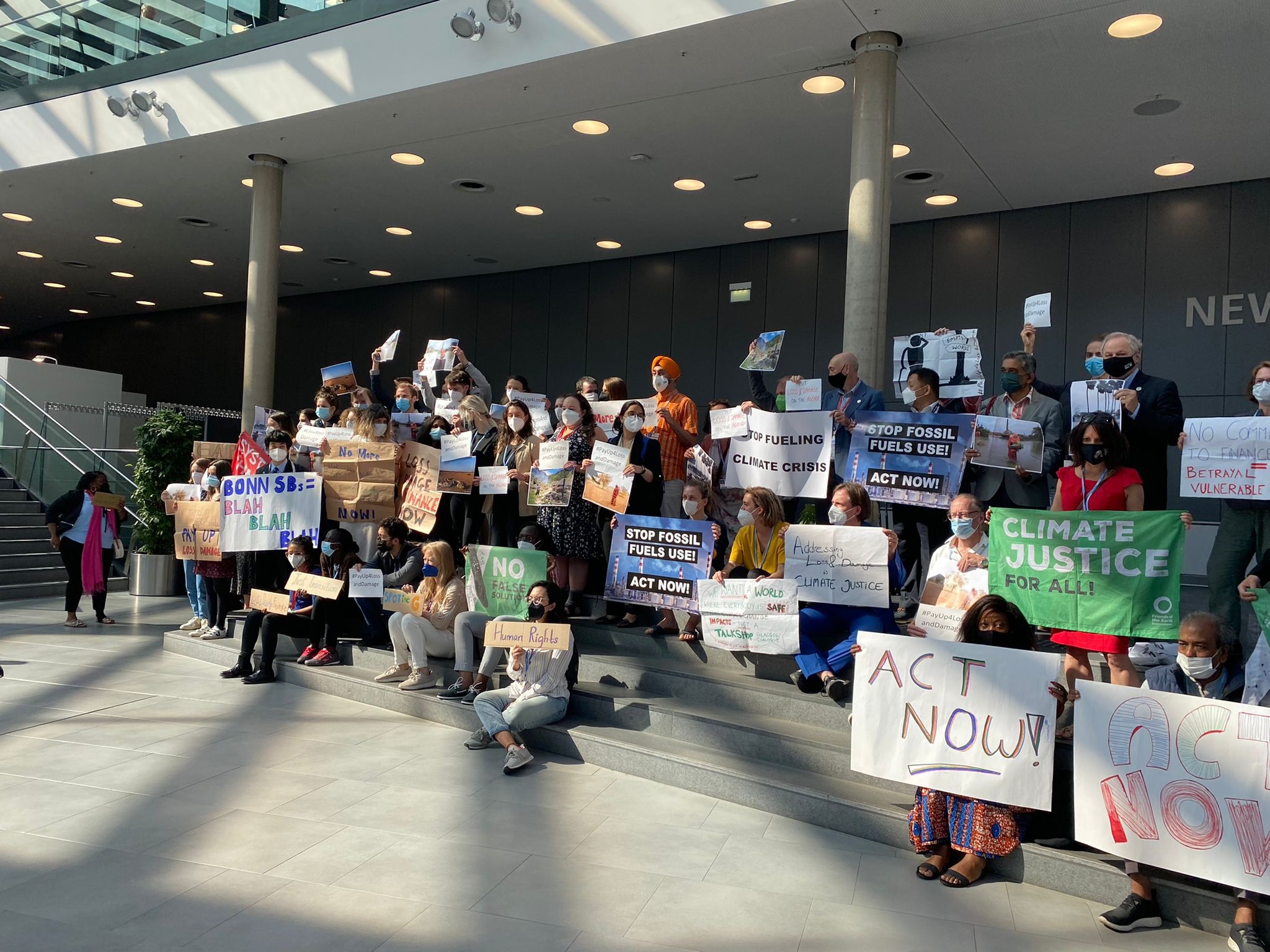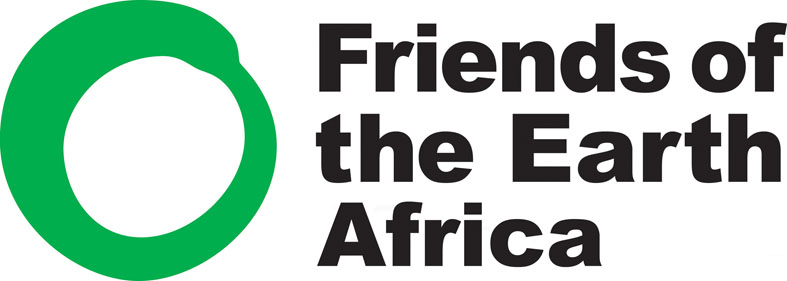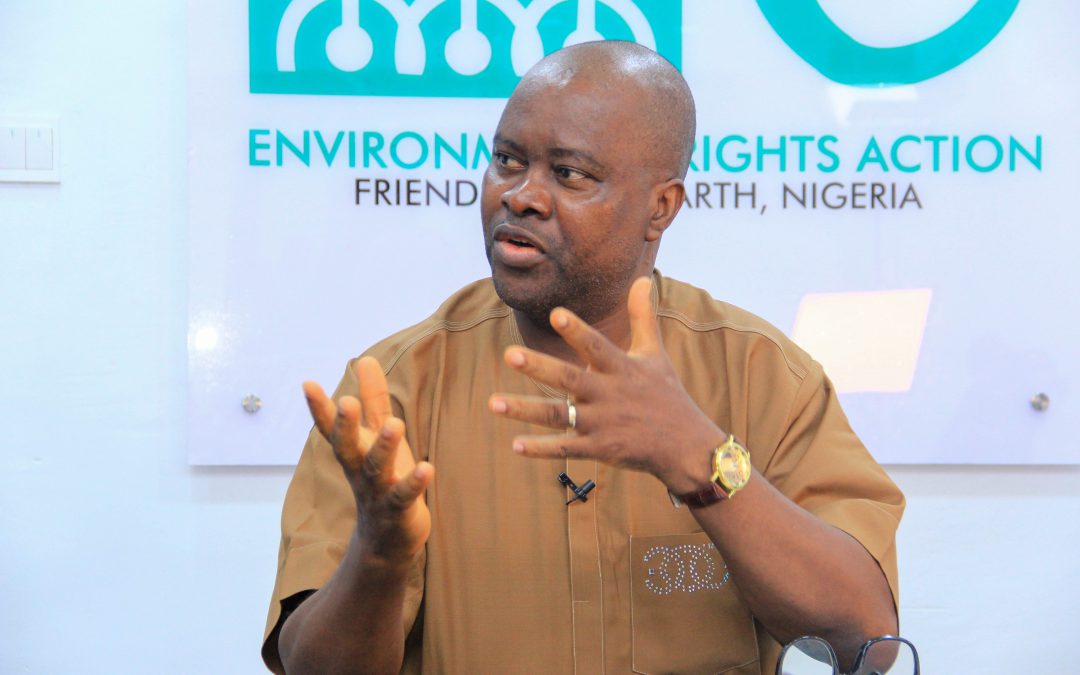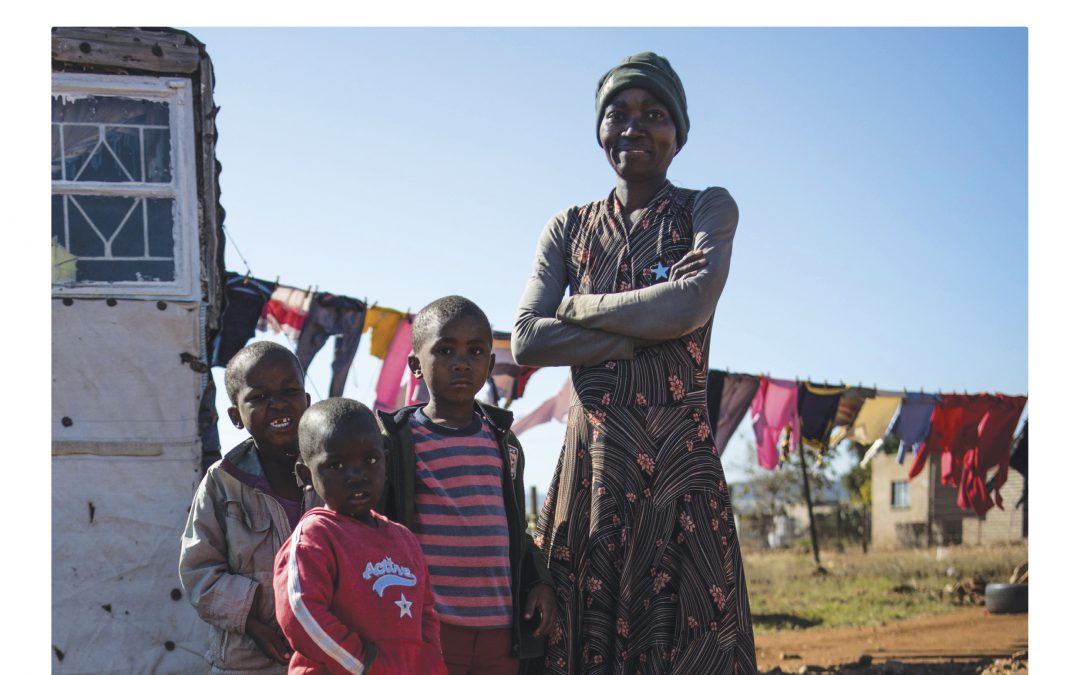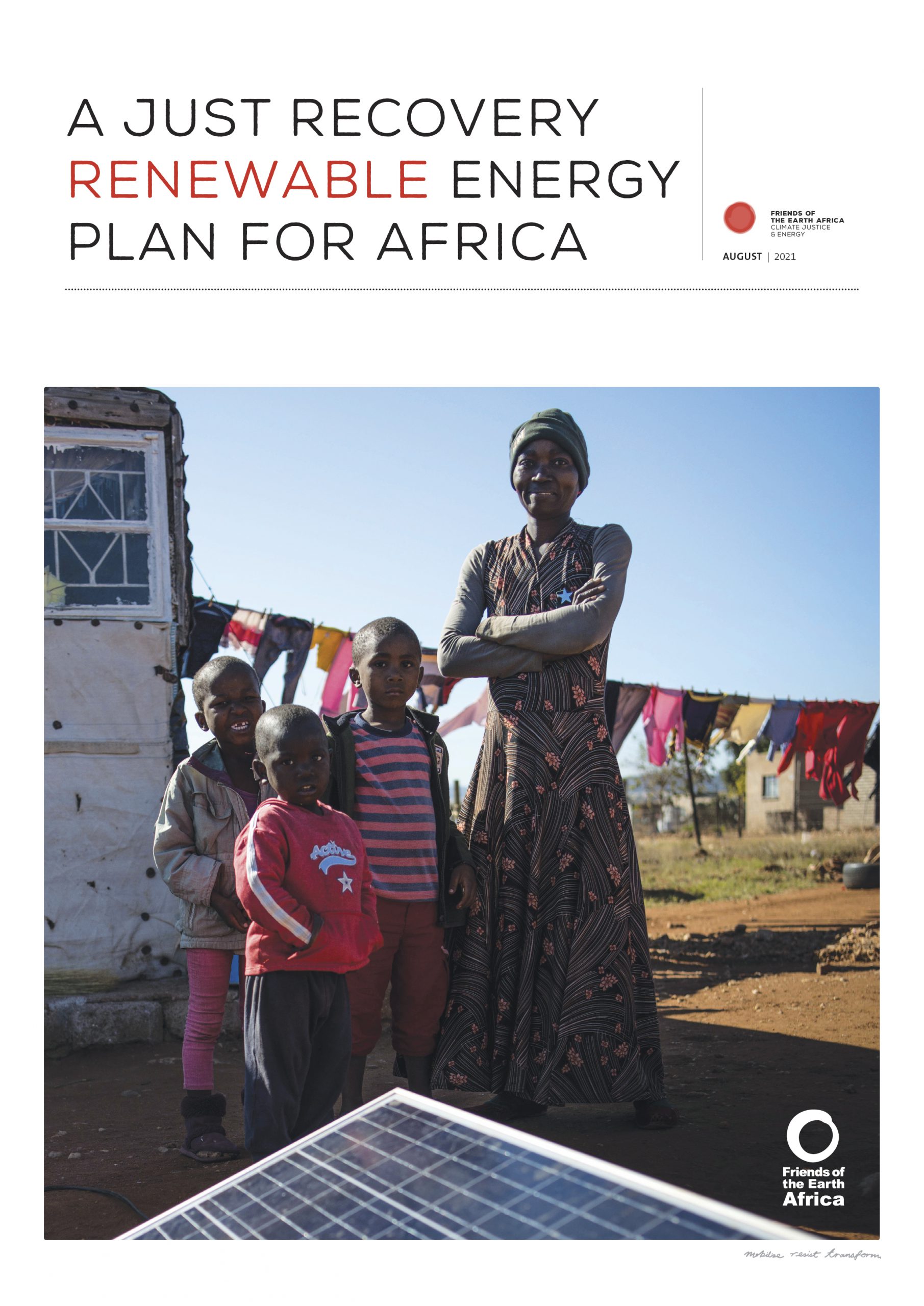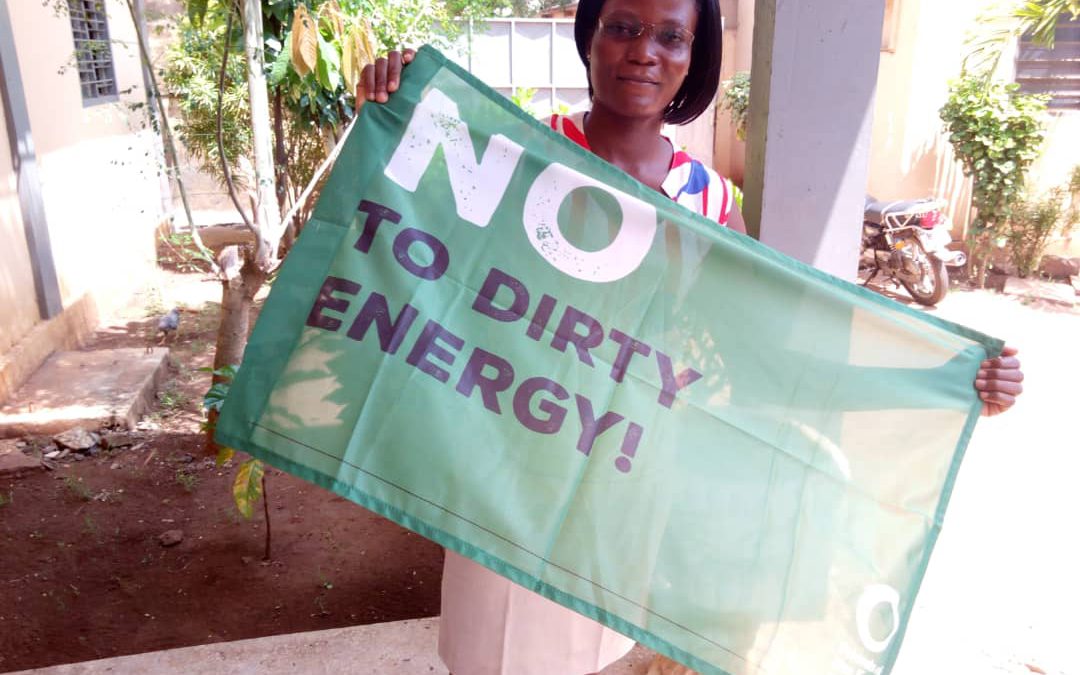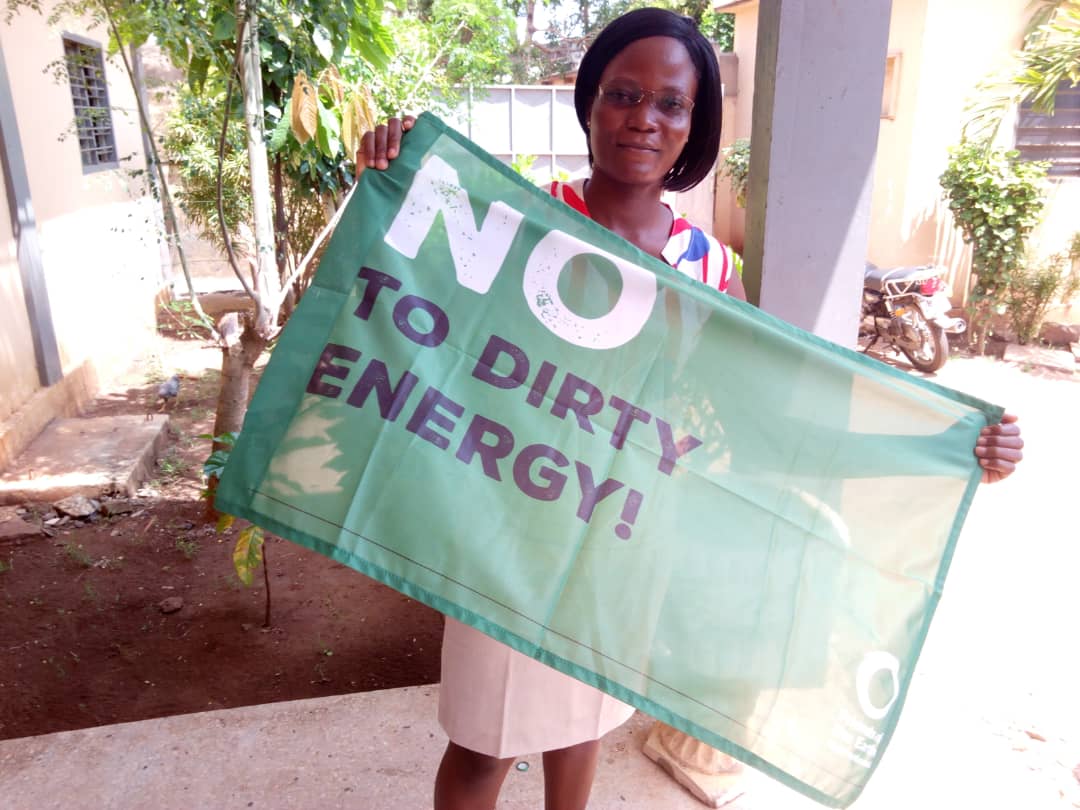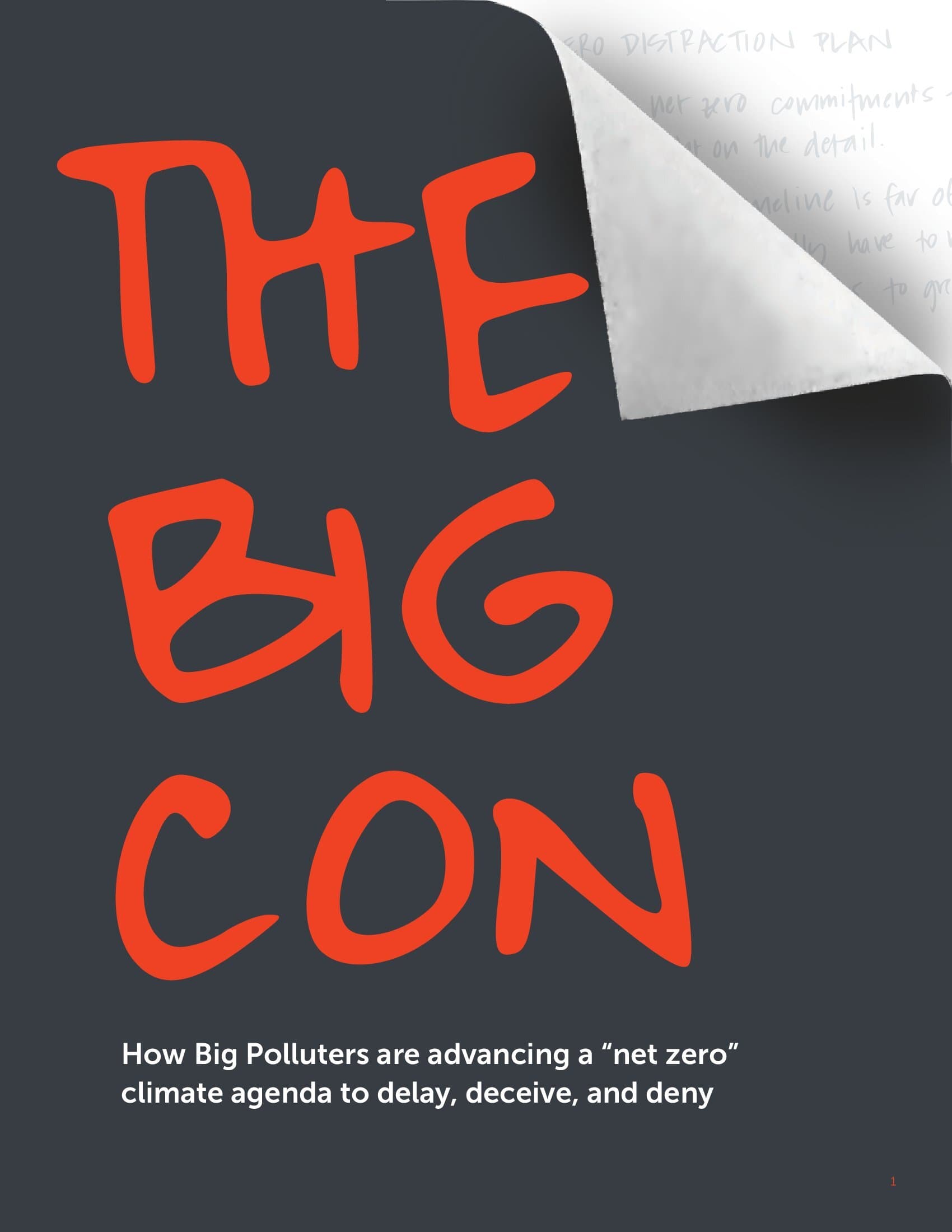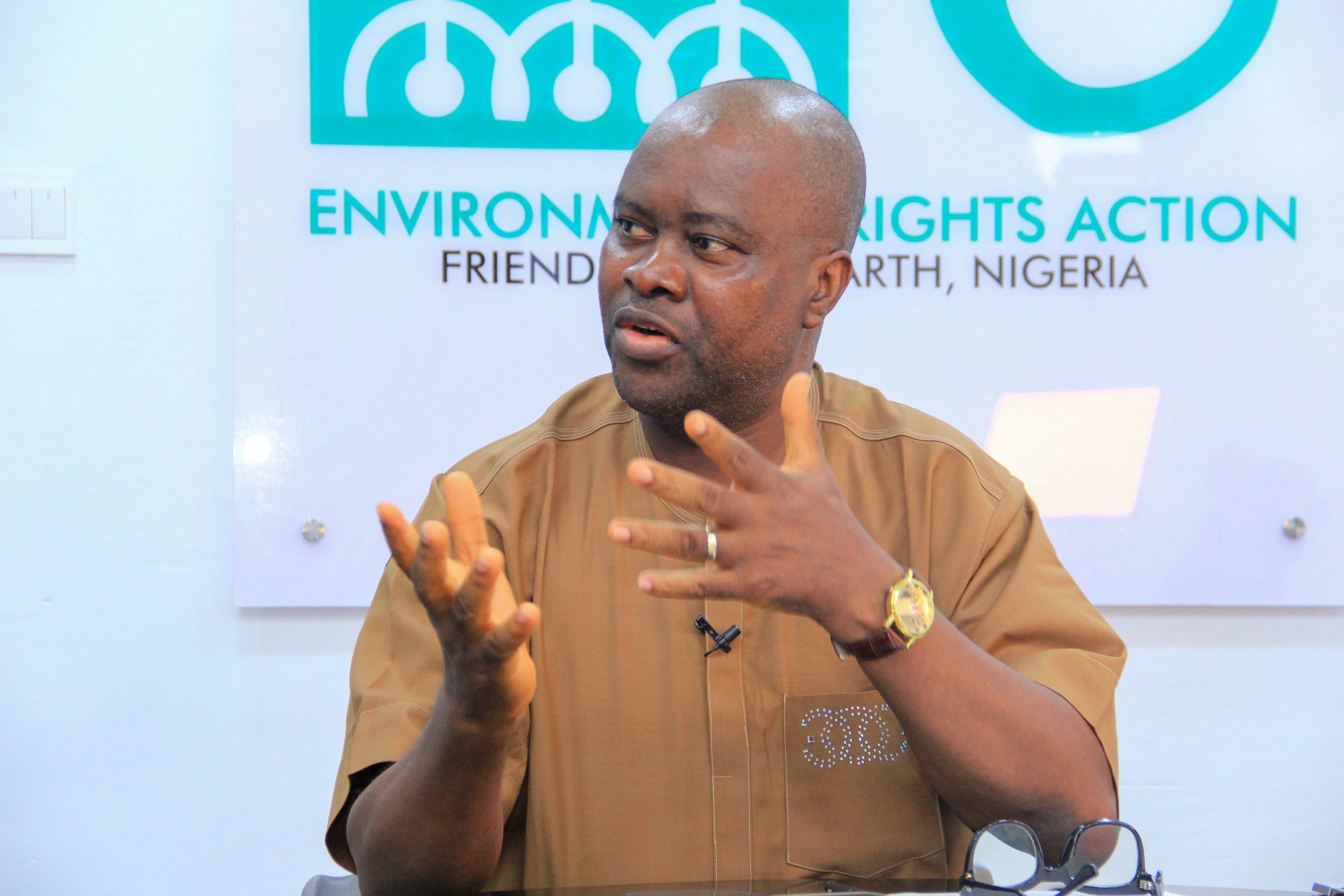
Chima Williams, ERA/FoE Nigeria Executive Director, Six others Win Goldman Environmental Prize
Environmental Rights Action/Friends of the Earth Nigeria (ERA/FoEN) Executive Director, Barrister Chima Williams, and a member of the steering committee of Friends of the Earth Africa has been named among the seven winners of this year’s prestigious Goldman Environmental Prize.
A statement released by the Goldman Environmental Foundation listed other winners to include Niwat Roykaew from Thailand; Marjan Minnessma, the Netherlands; Juliet Vincent, Australia; Nalleli Cobo, United States and Alex Luciatante and Alexandra Narvaez, Ecuador.
The Goldman Prize is awarded annually to environmental heroes from each of the world’s six inhabited continental regions.
“The Goldman Environmental Prize honours the achievements and leadership of grassroots environmental activists from around the world, inspiring all of us to take action to protect our planet”, the statement said.
The Prize was founded in 1989 in San Francisco by philanthropists and civic leaders Rhoda and Richard Goldman. In 33 years, the Prize has had an immeasurable impact on the planet. To date, 213 winners have been honoured including 95 women from 93 nations.
“While the many challenges before us can feel daunting, and at times make us lose faith, these seven leaders give us a reason for hope and remind us of what can be accomplished in the face of adversity,” said Jennifer Goldman Wallis, Vice President of the Goldman Environmental Foundation.
She added: “The Prize winners show us that nature has the amazing capability to regenerate if given the opportunity. Let us all feel inspired to channel their victories into regenerating our own spirit and act to protect our planet for future generations.”
Chima Williams who became ERA/FoEN Executive Director in October 2020 won the award based on his work with two Niger Delta communities to hold Royal Dutch Shell accountable for environmental damage caused by a spill from its facilities into the communities between 2004 and 2007.
On the 29th of January 2021, after 13 years of legal proceedings, the Court of Appeal sitting in The Hague, Netherlands, the home country of Shell, ruled in favour of three Nigerian farmers from two communities in two States of the Niger Delta – Eric Barizaa Dooh of Goi Community of Rivers State; Fidelis Oguru and Alali Efanga both from Oruma Community of Bayelsa State.
The Court ruled that not only was Royal Dutch Shell’s Nigerian subsidiary responsible for the oil spills, but, as parent company, Royal Dutch Shell also had an obligation to prevent the spills.
The ruling was the first time a Dutch transnational corporation has been held accountable for the violations of its subsidiary in another country, opening Shell to legal action from communities across Nigeria devastated by the company’s disregard for environmental safety.
Previous Nigerian winners of the Goldman Environmental Prize include the late Playwright and environmentalist, Ken Saro-Wiwa and Cross River-based environmentalist Odiga Odigha.
Normally, the Prize award is conducted in-person at a ceremony at the San Francisco Opera House, United States, but this year, in the light of the COVID 19 pandemic, the Prize will be awarded virtually and broadcast online on May 25, 2022 (1 am Nigerian time).
The event will be streamed on YouTube and Facebook. Guests can register for the event here: rsvp.goldmanprize.org/2022.
